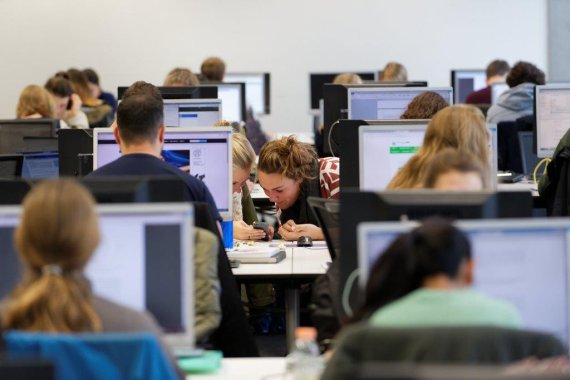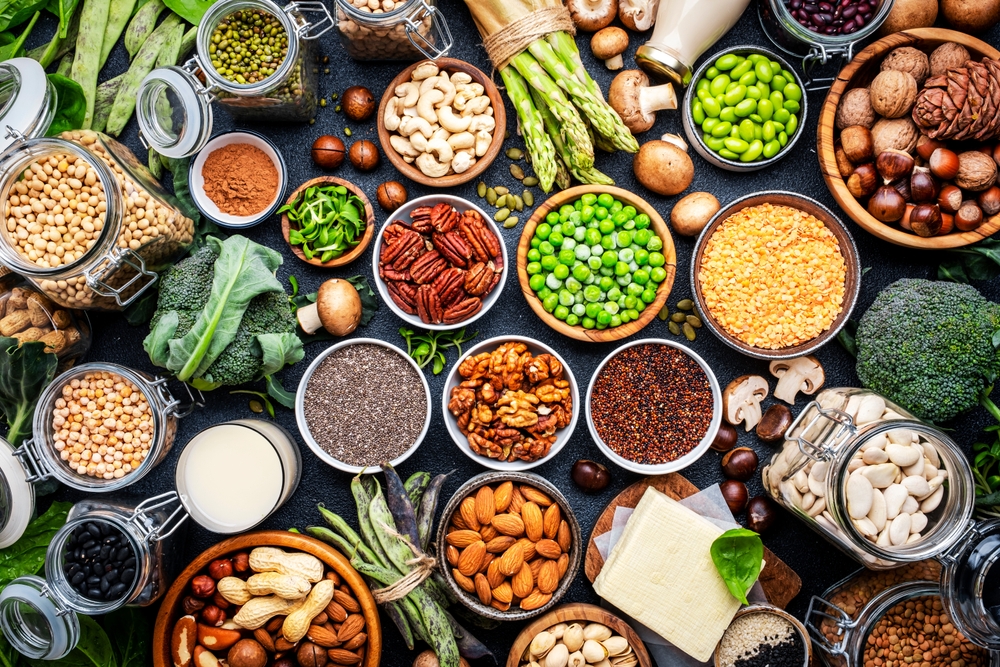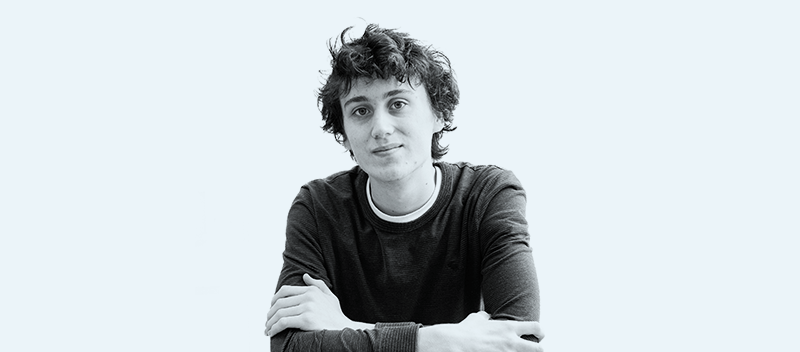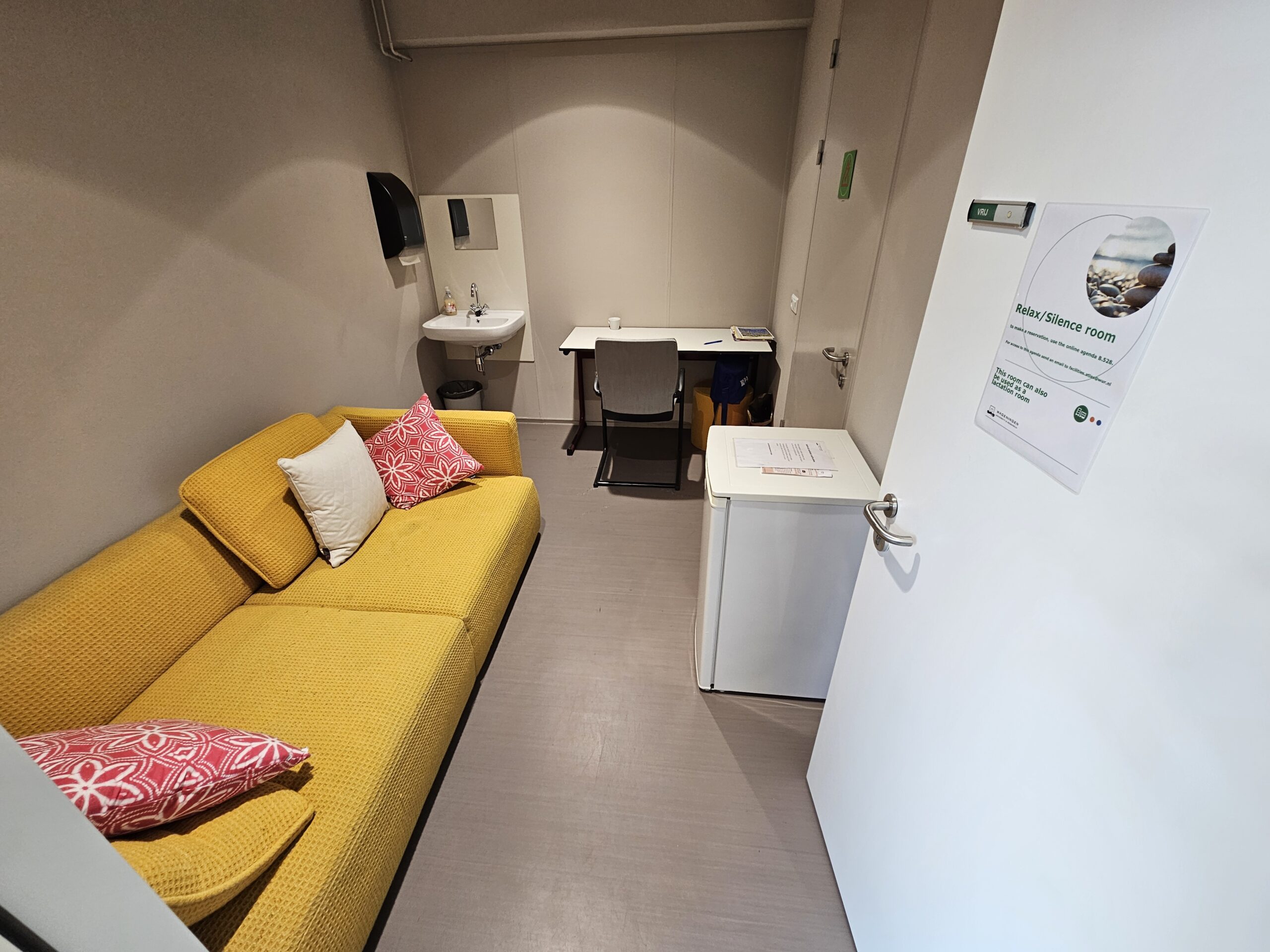The number of first-year Bachelor’s students in Wageningen has fallen by 100 (6 per cent). On the other hand, there are more new Master’s students and ‘switch students’. The net effect is a fall in the university’s intake of 1 per cent.
According to the Education & Student Affairs, the university has welcomed 1570 first-year BSc students, 1278 MSc students and 69 switch students (doing a pre-Master’s programme). That adds up to 2917 new students, 39 fewer than last year.
These figures hide some surprising shifts. There is a big drop of 140 in the number of first-year Bachelor’s students from the Netherlands. That fall is compensated to some extent by an increase in the number of international students, mainly for the five English-language BSc programmes (plus 40). That means an overall drop of 6 per cent in the BSc first-years. However, the MSc intake has increased by 47 (4 per cent), and the number of switch students from applied universities and abroad has also grown. The total number of first-years has fallen by 1 per cent.
Ingrid Hijman, head of the Student Service Centre, sees two reasons for the falling intake. Firstly, the number of Dutch pupils at secondary schools that prepare for university is declining. Secondly, there is a shift in what students are interested in. They are less likely to choose typical Wageningen topics such as nutrition and biotechnology, though Hijman still sees a lot of interest in the climate and the environment.
The number of new international students in Wageningen has grown slightly this year. The five English-language BSc programmes have attracted more foreign students this year. The number of international Master’s students is about the same. While there are 18 more MSc students from Europe, the number from outside Europe has fallen by 20. That is because there are fewer scholarships for students from developing countries.

 Photo: Guy Ackermans.
Photo: Guy Ackermans. 

